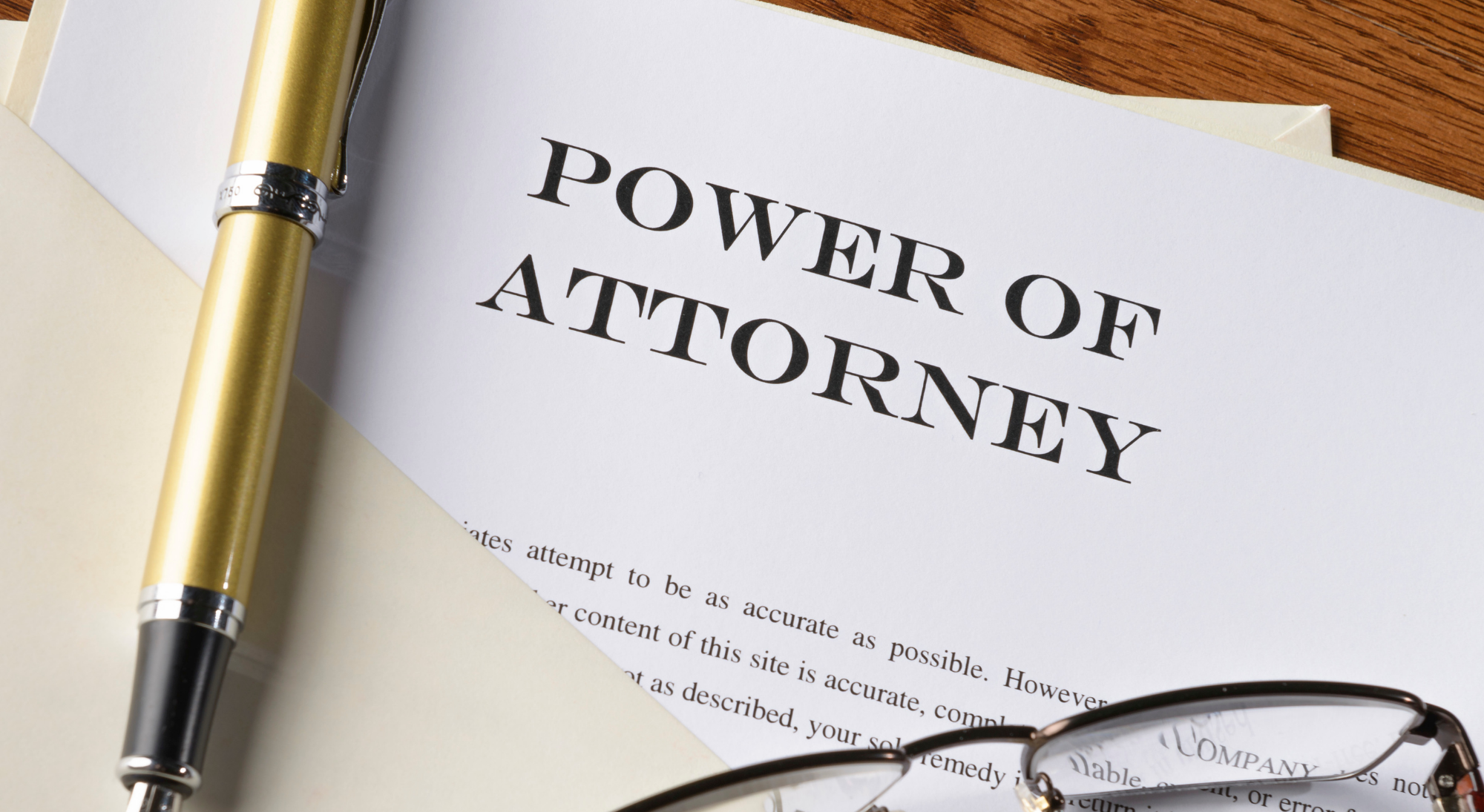

What is a Power of Attorney?
An Enduring Power of Attorney (EPOA) is a legal document that helps you give one or more person the power to make decisions and manage:
– Your finances and property;
– Your lifestyle choices (such as where you live); or
– Your medical treatment
Your Attorney should be over the age of 18 years whom you trust completely. For property and financial decisions, that person cannot be an undischarged bankrupt.
As another option, if you do not have such a person in your life, you can appoint the Public Trustee or a Trustee Company.
You can appoint more than one Attorney, and you can appoint different Attorneys for diverse types of decisions. For property and financial matters, you can appoint several attorneys, who can each make decisions either by themselves or together. However, for medical matters, you can only appoint one attorney to make medical decisions on your behalf.
What Can Be Done on my Behalf with an Enduring Power of Attorney?
Property and Financial
- Collect your benefits and pension
- Pay bills, switch utility providers, and sort out tax issues
- Manage your bank or building society account, or insurance
- Buy and sell investments
- Sell your property
Lifestyle Choices
Where you live, including aged care facilities
- How many hours you work during a week (if you are still working)
Health and Welfare
- Medical treatment
- The type of care you receive
You can list any instructions that your attorney must follow, or any preferences that you would like them to consider when making decisions on your behalf.

When Does an Attorney’s Power Commence?
An EPOA for property and financial matters can begin before or after you lose the mental capacity to make such decisions yourself.
For health and welfare, it can only begin when you lose the mental capacity to make your own decisions.
When Does an Attorney’s Power Conclude?
In Victoria, an attorney’s power to act under an EPOA will conclude in the following situations; :
(a) Where the person granting the EPOA dies
(b) Where the donor cancels the EPOA during their lifetime and whilst they still have mental capacity. This must be done in writing to the attorney. If you wish to cancel, change, or replace an EPOA it is best to get legal advice.
(c) The Victorian Civil and Administrative Tribunal (VCAT) can revoke the appointment of an EPOA attorney if it decides that the attorney is not acting in the donor’s best interests or failing to comply with their responsibilities.
(d) Where the attorney is no longer able to perform their duties as an attorney because they become bankrupt, lose mental capacity, or die.
(e) Where the attorney is no longer willing to act as attorney under the EPOA, and resigns from the role.
“Who should I appoint as my attorney?”
An EPOA is an incredibly powerful document, and you should ensure you give due consideration to your choice of attorney before authorising them to act under an EPOA.
When choosing your power of attorney, talk to the person you are considering. The person you choose as your attorney must be someone you trust without hesitation. They should have the experience, skills, resources, and time needed to be able to do their role. You need to let them know that the role of attorney can be complicated, time-consuming, and demanding. It can be particularly difficult where the members of your family do not trust each other.


